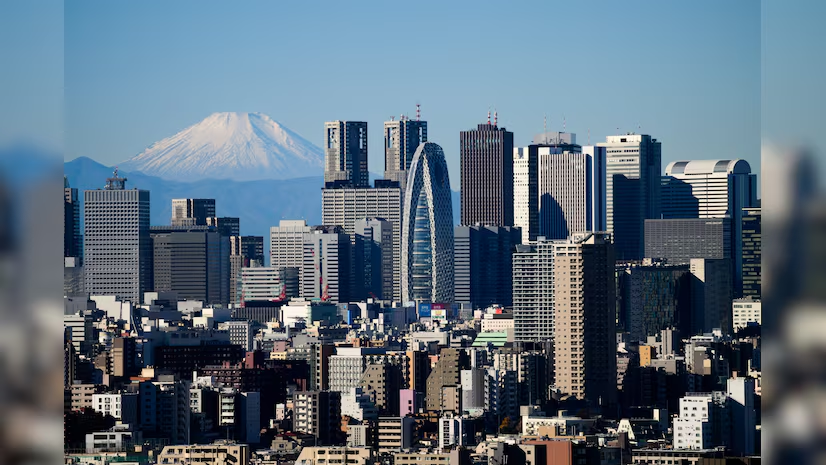Despite declaring a record amount of offshore assets, Japan lost its status as the largest creditor nation in the world for the first time in 34 years.
According to figures issued Tuesday by the Ministry of Finance, Japan’s net external assets at the end of 2024 totaled ¥533.05 trillion ($3.7 trillion), an increase of around 13% from the year before. Despite being an all-time high, Germany’s net external assets of ¥569.7 trillion surpassed the level. China’s net assets of ¥516.3 trillion kept it in third place.
Germany’s rise is a reflection of its significant current account surplus, which in 2024 reached €248.7 billion, primarily as a result of robust trade performance. According to the finance ministry, Japan’s surplus was ¥29.4 trillion, or about €180 billion. The increase in German assets relative to Japanese assets in yen terms was overstated last year due to the approximately 5% increase in the euro-yen exchange rate.

Both foreign assets and liabilities increased for Japan as a result of the cheaper yen, but assets grew more quickly due in part to larger corporate investment overseas.
Foreign direct investment trends are often reflected in the data. As to the ministry, Japanese businesses continued to have a strong desire for foreign direct investment in 2024, especially in the United States and the United Kingdom. The ministry stated that Japanese investors contributed a substantial amount of money to industries like retail, insurance, and finance.
Also check:- With Sebi’s approval, Groww parent Billion brains files confidential IPO papers
In the future, the direction of outward investment might depend on whether Japanese companies keep increasing their foreign expenditures, particularly in the US. In order to reduce trade-related risks, certain businesses may be encouraged to move their operations or assets to the United States as a result of President Donald Trump’s tariff policy.

